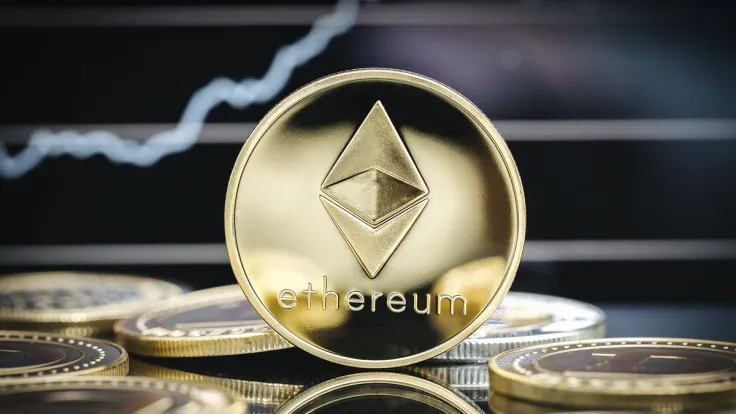
Prior to the Merge update and the continuous reduction of issuance, Ethereum has been the "unprofitable" blockchain, just as any cryptocurrency network on the market. However, the situation has changed.
The "profitability" of a blockchain is not the same as the profitability of a company in traditional finance. Technically, the subtraction of new issuance from fee burns is what allows us to determine whether the network is profitable or not.
is @ethereum the first profitable blockchain? pic.twitter.com/B738JVXXSf
— Token Terminal (@tokenterminal) November 15, 2022
To be precise, Ethereum also remains the only deflationary asset from the top 10 of the cryptocurrency market. The profitability of the blockchain does not benefit its holders or new investors. Deflation, on the other hand, can be considered as a strong speculative growth factor for the cryptocurrency in the future.
By forcibly decreasing the supply of the asset, third parties or decentralized machines might create a supply shock in which the lack of supply and elevated demand causes the price of an asset to reach extreme values.
While the rallying Ethereum will bring prosperity to investors and traders, dApps users and developers will have no other choice but to make transactions with elevated fees and possible network congestion. Unfortunately, during high network loads, Ethereum forces users to pay up to $15 per operation on the network.
However, various foundations and projects are constantly working on Ethereum's scalability by offering new mechanisms for processing transactions or alternative Layer 2 networks that take some of the load off the main network, offering higher throughput, lower processing times and insignificant fees.
At press time, Ethereum remains deflationary, but due to the decreasing burning rate, the network's profit is going back to $0.

 Arman Shirinyan
Arman Shirinyan Caroline Amosun
Caroline Amosun Godfrey Benjamin
Godfrey Benjamin Tomiwabold Olajide
Tomiwabold Olajide